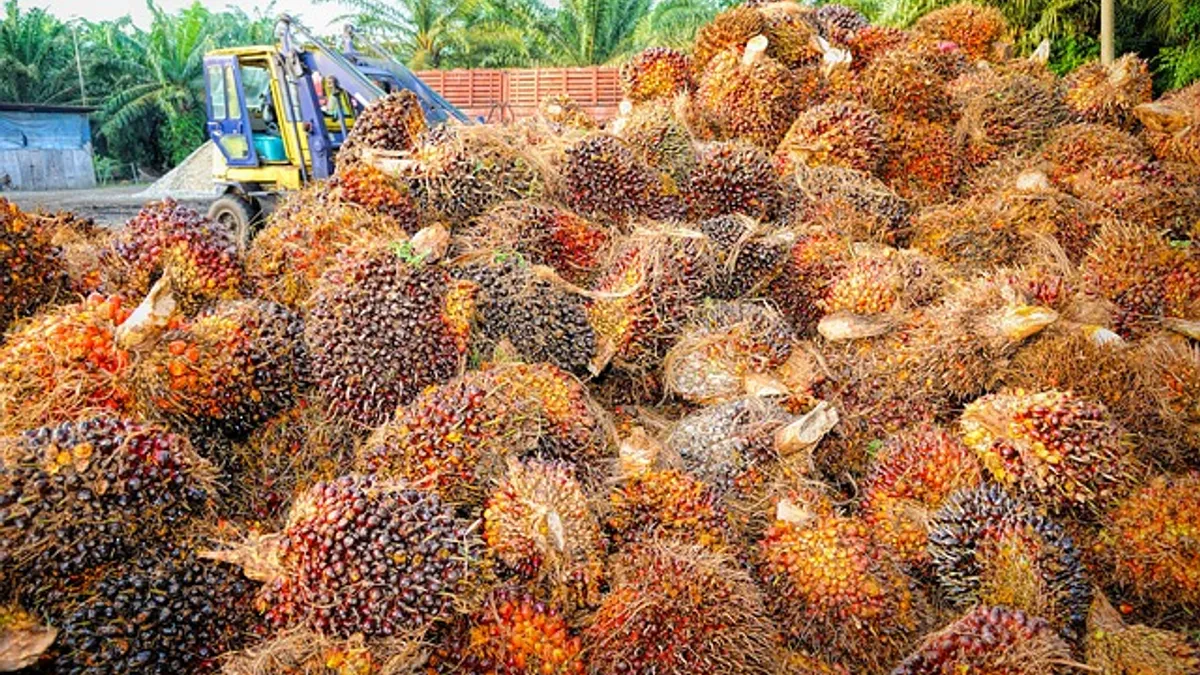Dive Brief:
- Cargill has suspended business with a palm oil supplier in Guatemala over the supplier's failure to meet standards of the corporation’s sustainability goals, a spokesperson for Cargill confirmed to Supply Chain Dive.
- The supplier, known as REPSA, was facing accusations of environmental and human rights violations, the Star Tribune reported.
- Cargill set goals in 2014 to achieve a 100% transparent and sustainable palm oil supply chain by 2020, according to the company’s website. Cargill has partnered with The Forest Trust and signed the Indonesian Palm Oil pledge at the 2014 United nations Climate Summit to achieve this goal.
Dive Insight:
Cutting ties with a supplier is not an easy move, as it can leave a gaping hole in the supply chain and invite immediate additional costs to the business. But holding on to a controversial supplier may have greater consequences in the long run.
As a growing number of consumers care about the origin on the products they purchase and consume, companies can’t afford to let a bad supplier sour their reputation.
This is largely what happened with Cargill when it cut ties to REPSA in November 2017. The palm oil supplier was accused of environmental degradation and human rights violations, both of which violate Cargill’s commitment to sustainable palm oil.
"The suspension is in response to grievances raised by a coalition of international and Guatemalan NGOs,” Chris Schraeder, director of sustainability communications at Cargill, told Supply Chain Dive. “We will not enter into new purchase contracts with REPSA until the supplier can demonstrate adoption of the required sustainable environmental and social practices."
This is not the first time Cargill has suspended business with a palm oil supplier, the Star Tribune reported. It did so in 2016 with IOI group, a Malaysian company accused of cutting down parts of a rain forest to plant palm trees.
For years, many large corporations turned a blind eye to environmental concerns, favoring the most economical option over the most sustainable one. That trend has shifted, though, as distributors realize the benefits of sustainable sourcing.
Several commodity producers formed an alliance last year to thwart deforestation. And 12 companies involved in cocoa production aligned with a similar goal.














